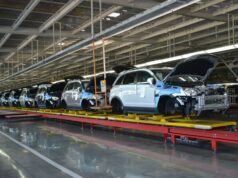
In today’s market, fuel efficiency is a high priority for many drivers. With rising gas prices, many people are interested in learning which cars provide the most bang for their buck. Japan’s automakers have been known for their fuel-efficient car models that offer great mileage and performance.
This guide will provide an overview of Japanese brands and the models they offer that have exceptional ratings for fuel efficiency. It will also list some features of these vehicles that allow them to outpace other cars on the market. Finally, we’ll also take a look at how current gas prices and eco-friendly performance help make these car models a great choice for anyone looking to save money at the pump.
Japanese Car Brands
Japanese car brands are known for their reliability, modern designs, and fuel efficiency. In recent years, many Japanese vehicle makers have made significant improvements to their models so that they can offer even better fuel efficiency than before. Japanese automakers are constantly introducing models with low emissions and improved fuel economy, which makes them attractive to consumers who want to save money and reduce their environmental impact.
If you are in doubt about Ridgeline vs.Tacoma, here is a look at the top Japanese car brands according to gas mileage.
Honda cars are known for being extremely reliable but also quite efficient when it comes to gas consumption. As of 2020, the Honda Insight hybrid was the highest rated on FuelEconomy.gov with a rating of 56 mpg combined city/highway. Other Hondas like the Civic Hybrid and CR-Z Hybrid also offer excellent fuel economy at 48 mpg combined city/highway and 46 mpg combined city/highway respectively.
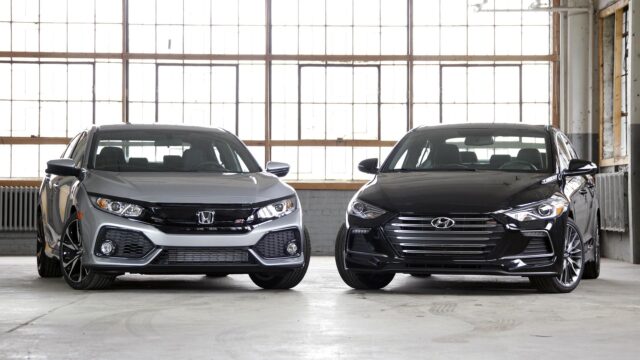
Toyota is another major player in the industry that has long been known for offering reliable cars that get good gas mileage as well. The Prius is arguably one of the most fuel-efficient cars on the market with up to 58 mpg combined city/highway depending on trim level. Other Toyota models such as the Corolla Hybrid SE and Camry Hybrid SE offer stellar gas mileage with 48 mpg combined city/highway and 54 mpg combined city/highway respectively.
Nissan is another established brand in Japan with plenty of offerings when it comes to fuel efficiency solutions for drivers. Models such as the Leaf EV get an impressive range of up to 150 miles before needing a charge which can be incredibly beneficial for those looking for longer drives without refueling stops every few hours or more frequently than that! Other Nissan models such as the Altima hybrid offer fantastic MPG ratings with up to 53mpg in some cases!
Finally, Mitsubishi has an array of offerings in various segments including hybrids like Outlander PHEV offering impressive MPG ratings around 25 City or 32 Highway – perfect for road trips or daily errands around town!
Gas Mileage Ratings
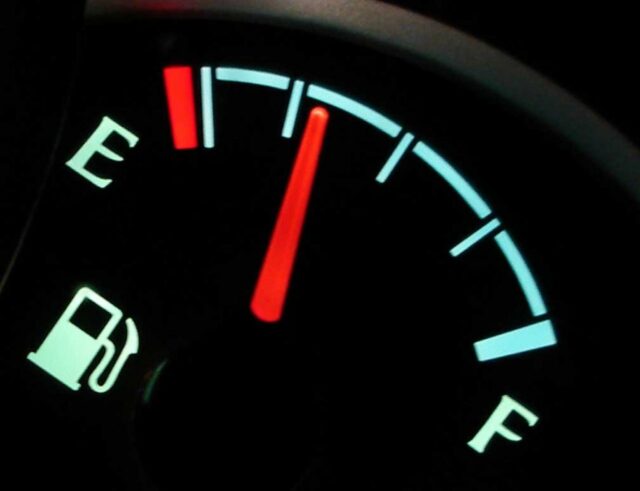
Gas mileage ratings are based on the fuel efficiency of vehicles and measure the number of miles driven per gallon (mpg) of gas. The Environmental Protection Agency (EPA) sets the standards for gas mileage ratings in order to help consumers understand how much money they can save when it comes to their vehicle’s fuel efficiency. When looking for a fuel-efficient car, it is important to consider the MPG ratings for each vehicle model you’re considering purchasing.
In general, Japanese cars have some of the highest MPG ratings available. Honda and Toyota, in particular, have some of the most fuel-efficient cars currently on the market. For example, a Honda Accord gets an impressive 30 mpg in city driving and 38 mpg on highways. It also has an EPA rating of 28 mpg combined, which is slightly better than a comparable Toyota Camry at 27 mpg combined city/highway driving.
Fuel efficiency varies significantly between models and brands, so it’s important to do your research before you purchase a car in order to get the most out of your investment. Japan is known for producing efficient cars that provide great value for their price with superior MPG ratings compared to other manufacturers–so be sure to check out those numbers before making your decision!
Factors That Affect Gas Mileage
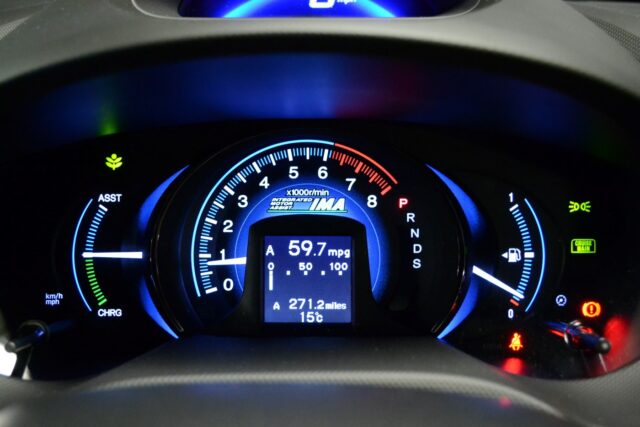
When it comes to fuel efficiency, the most important factor is the type of car being driven. Smaller, lighter cars that are designed for economy tend to get better gas mileage than larger, heavier vehicles such as minivans and SUVs. Other factors that can affect fuel economy include tire pressure and the kind of engine used.
The weight of a vehicle can also have an effect on its gas mileage: a heavier car requires more fuel to move it, resulting in decreased efficiency. Factors such as driving environment (city versus highway) and length of trips can also play a role in how much gas a vehicle consumes.
Certain features like air conditioning and other accessories need additional energy to run, meaning they eat up more gas per mile than vehicles with features like manual transmission or cruise control, which decreases drag and helps conserve fuel.
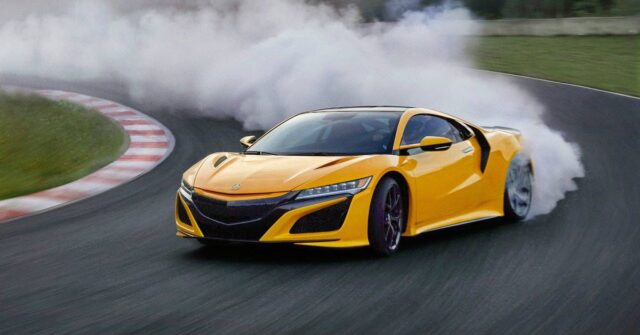
Fuel type is another factor — gasoline generally has poor fuel economy compared to diesel or hybrid engines either fully electric or electric-gas hybrids which still need fossil fuels but get much better MPG ratings than their all-gas counterparts.
Lastly, many Japanese manufacturers build their cars with aerodynamics in mind – rounded edges instead of sharp angles, some even having curved rear window designs – resulting in increased MPG (miles per gallon) ratings compared to other brands that don’t focus on these elements in their design process.
Conclusion
Overall, Japanese car brands provide a great option for consumers looking for an efficient and reliable automobile. From hybrid cars to the traditional gasoline-powered engine, these vehicles are at the top of the list in terms of gas mileage. Many models have achieved higher than average numbers in their EPA fuel economy tests and can provide excellent long-term savings on your commute. Additionally, they come with impressive warranties and state-of-the-art safety features.
Ultimately, it is up to you to decide which brand best fits your lifestyle needs. With that said, it is clear that Japanese car brands are leading the market when it comes to efficiency and reliability on the road.



